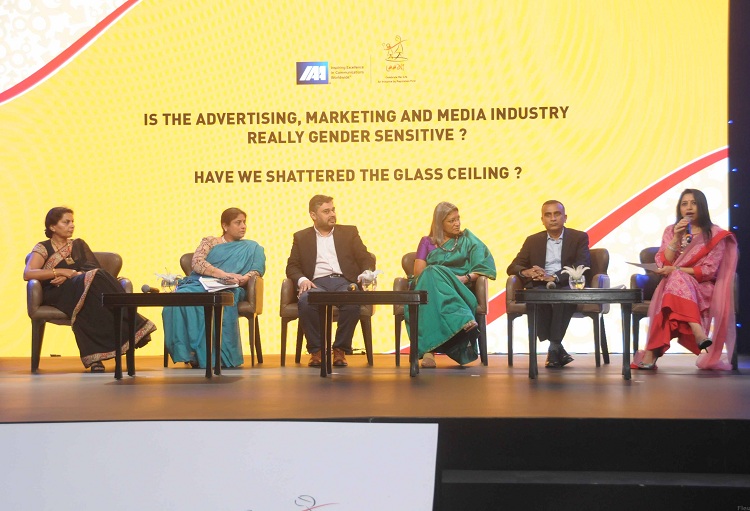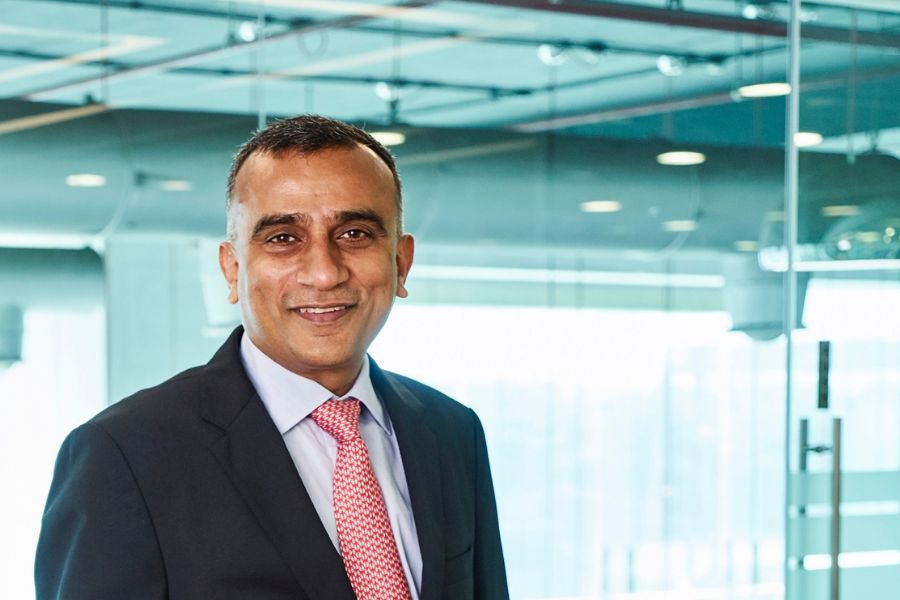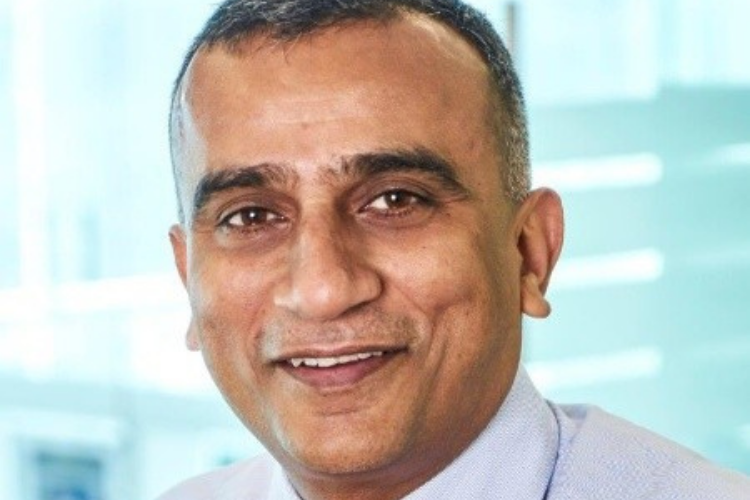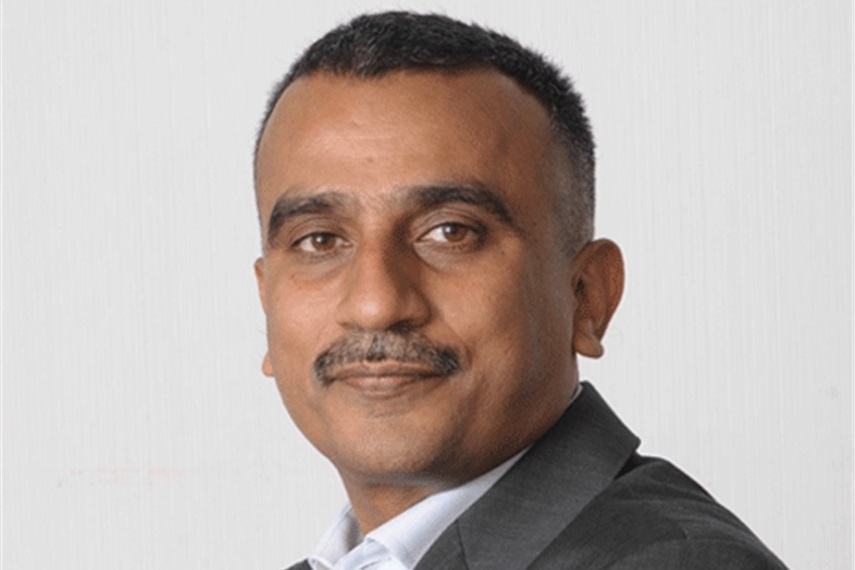Prior to the third edition of the IndIAA Awards, the India chapter of the IAA organised a panel discussion.
Featuring Anuja Gulati, state programme coordinator, UNFPA India, Shalini Kamath, independent director, Meenakshi Menon, managing partner, Spatial Access, Rohit Suri, head - talent and HR, GroupM and Sudhanshu Vats, group CEO, Viacom18, the panel discussed whether advertising and media is really gender sensitive.
The session was moderated by Megha Tata, COO, BTVi and VP, IAA India Chapter.
Vats set the tone for the evening by claiming strides have been made but the pace of change could be better. He explained, "I have been privileged to have so many important women around me. I was born to a super talented mother. My maternal made me what I am. A teacher who was a woman has also had a significant role to play. And the role of women in my life continues with my wife and daughters. I have been directly involved in the fraternity for more than 25 years and we have made progress. The pace of change could be better. We could do more. But there's been a change for sure."
Explaining what Viacom18 is doing for this cause, he added, "Viacom18 is committed to the cause. At the entry level we have 44 per cent women. The senior level is about 27 per cent right now. We are moving the needle. But we want to do it on merit. It's about capability. We need to find mechanisms to make it happen. We make it easier for women at the organisation by offering nine months maternity leave (and 1 month paternity). Post that we also offer a three months work from home option for women. We are committed to holding their roles too. The landing back is important. We are committed in making that happen."
He also spoke about the importance of offices having a crèche. He explained, "We have given up traditional support systems as the joint family is coming to an end. So support is critical, and giving that facility is important.'
Spatial Access' Menon called for more equality in the rules for both the genders.
She said, "Reservations have been at the heart of so many problems in our country. The advertising industry is purely driven by talent. Initially it was about vernaculars not getting jobs, but with Indian-ising of advertising, we have seen the end of that."
She added, "Six months of maternity leave is the worst thing that could happen to women. It means that the woman is not active in an organisation for half a year. In smaller organisations, men resent that. This is like reservation too. Organisations don't want to hire more women because of these hidden issues. You need to have equality. Men should get three months of paternity leave if women get six months. When you start picking a gender and start helping it, you start increasing the parity."
She also stated that it comes down to women having problems with their 'groups'. "Women do not know how to network. While men can have their boys group and take them for a drink I'm not sure where women can do that."
GroupM's Suri gave a perspective on what the agency's stance is.
"One third of our population across agencies are women. At the entry level, we face a problem. The number of women in premium B-Schools would be at about 20 per cent. So to achieve 50 per cent at the entry level would take us time. Our top level roles have been very stable, but the second level has a lot more women. We are investing in developing women to take on larger roles. Our global mandate is diversity and inclusion," said Suri.
Shalini Kamath believed advertising has a dual role to play. "I come from outside the (advertising) fraternity, but believe that advertising can have a big role to play on the issue. One is to hire. Second is that it changes the cultural thinking because the work you do influences people. I find change is happening. New roles are shown in advertising. It's no more childbearing at home and secretarial in office. The trends I'm seeing while I work with organisations across industries is that the pace is there, the change is happening but it's slow. It's very slow. A recent study suggested that If we continue at this rate, it would take 100 years to obtain a 50-50 parity. If there's a war or another recession it goes to many more years."
She added, "There are many women networks that have formed to support each other. The sad part is that we need the second constituent to make the change. Thanks to population control, where a lot of us had two children, many women have two daughters only and then take the cause for women equality."
Another point she made was that she observed that when women reached a certain level, they ended up losing steam instead of vying for the top.
The last trend she observed, was labelled 'disturbing' by her. "I read this a week ago. A millennial report says that millennial men want to be providers for the women. They'd like to marry women and provide for them."
Anuja Gulati of UNFPA believes that the two-child norm set by the government goes against women. "I think they go against women. As a patriarchal problem which gets fetus death because families want only one-two children (and they want them to be boys). Every year about 4.5 lakh girls are not allowed to be born."
"On the work front, women do about two-third of the work but have access to only one-tenth of the resources. A lot of the work women do is looked at as unproductive. It's about wanting to provide opportunities."
Sexual harassment
The panel ended the discussion by touching on the sexual harassment topic.
Gulati's stance was: "There are internal committees for this. While there's a system for this, there is absolutely no awareness about these policies and women continue to face harassment."
Menon believed that these committees have done nothing and it has actually increased. "I feel sexual harassment has increased now. It wasn't so common place. Earlier action was taken. Now they're seen to be uncool when they complain."




